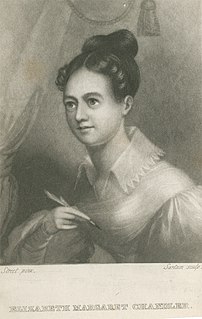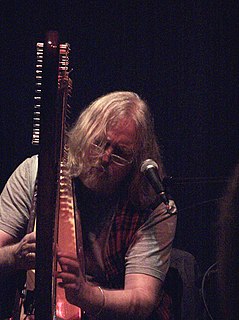A Quote by Erin McKeown
I started to understand what the song could be about. The ache of nostalgia even for things we don't like, the commitment to keep moving despite that ache. It made me think of how I relate to my privilege - as a white person, as someone who grew up upper middle class.
Related Quotes
Stuff Happens.’ That’s the G-rated version. That’s a bumper sticker that only a straight white upper middle class male could have made. Because anyone who isn’t straight, anyone who isn’t male, anyone who isn’t white, anyone who isn’t upper middle class knows that stuff doesn’t just happen. Stuff gets done by people to people. Nothing is a coincidence. Nothing is random. This isn’t osmosis. And so we act as if it’s this passive thing, but yet that’s not the case.
There's a gentleness about April that made me ache. It seemed like I was always on the run, always working and chasing some goal or another, but April had a way of holding me still. And then I'd begin to hurt and yearn for something I couldn't describe, something I hadn't known yet. All I knew was the ache itself and the strange, sweet feeling it was.
We knew the pain of winter rushing up your skirt, and the ache of keeping your knees together in class, and how drab and infuriating it was to jump rope while the boys played baseball. We could never understand why the girls cared so much about being mature, or why they felt compelled to compliment each other.
I like the way [Marcus Lemonis] thinks. He's made me think about things in a different way. He's made me want to support small businesses in a very real way, seeing what these small-business owners go through and the struggle it is and the courage it takes to put your heart and money behind things at a 24-hour job. I think I relate to that as an actress and a writer and someone who works freelance, in many ways. It never ends, you never clock out. You've always got to keep things moving.
If you were a successful upper-middle-class Negro girl in the 1950s and '60s, you were, in practice and imagination, a white Protestant upper middle-class girl. Young, good-looking white women were the most desirable creatures in the world. It was hard not to want to imitate them; it was highly toxic, too, as we would learn.
























